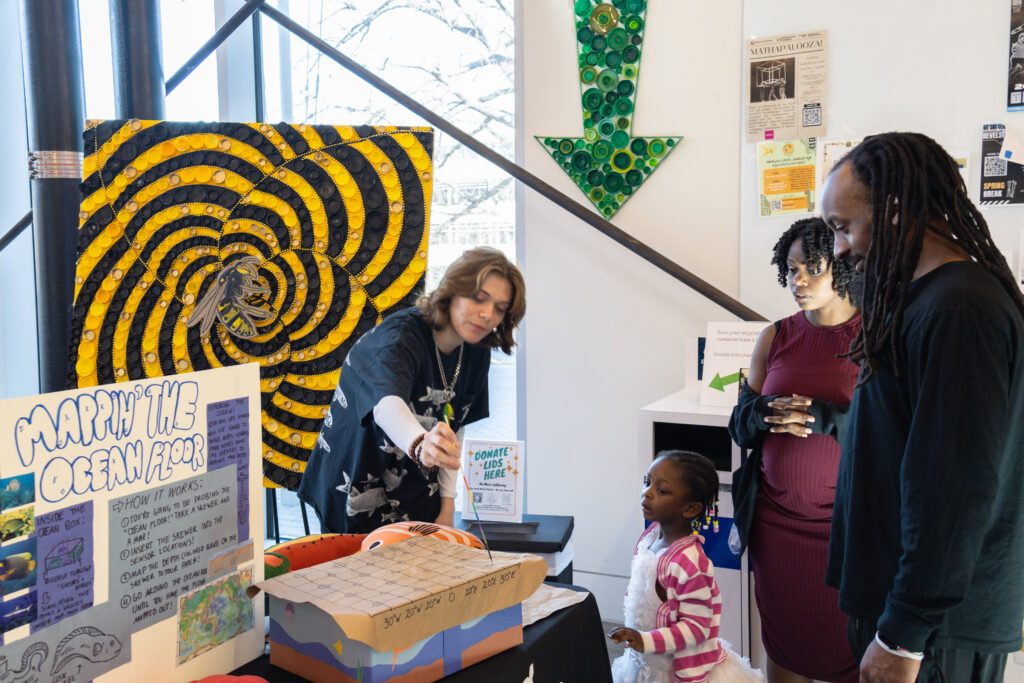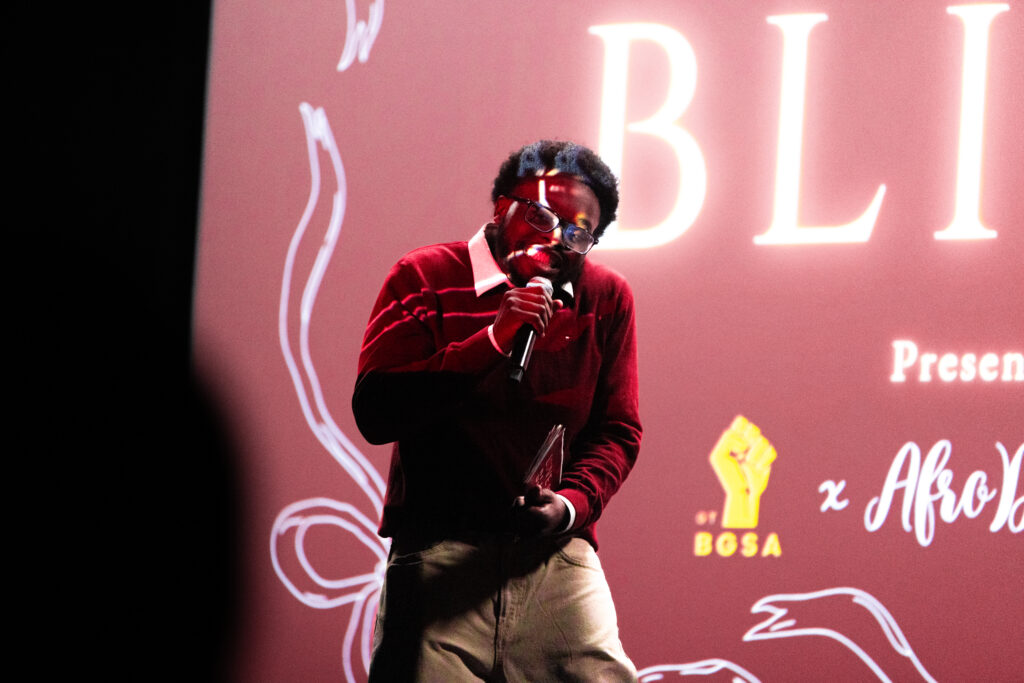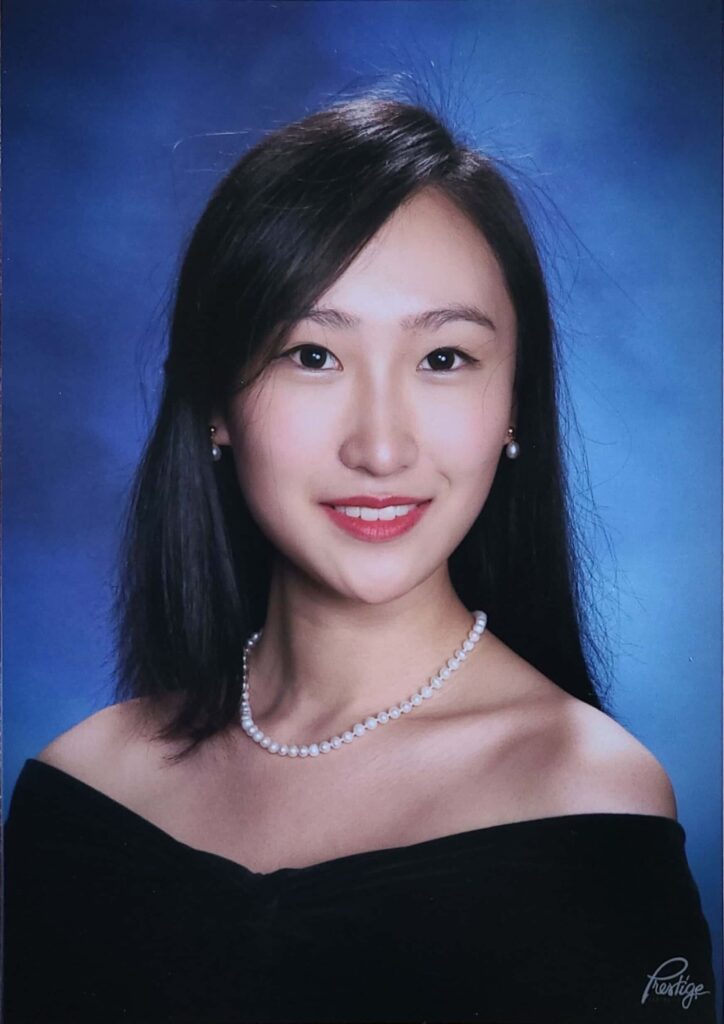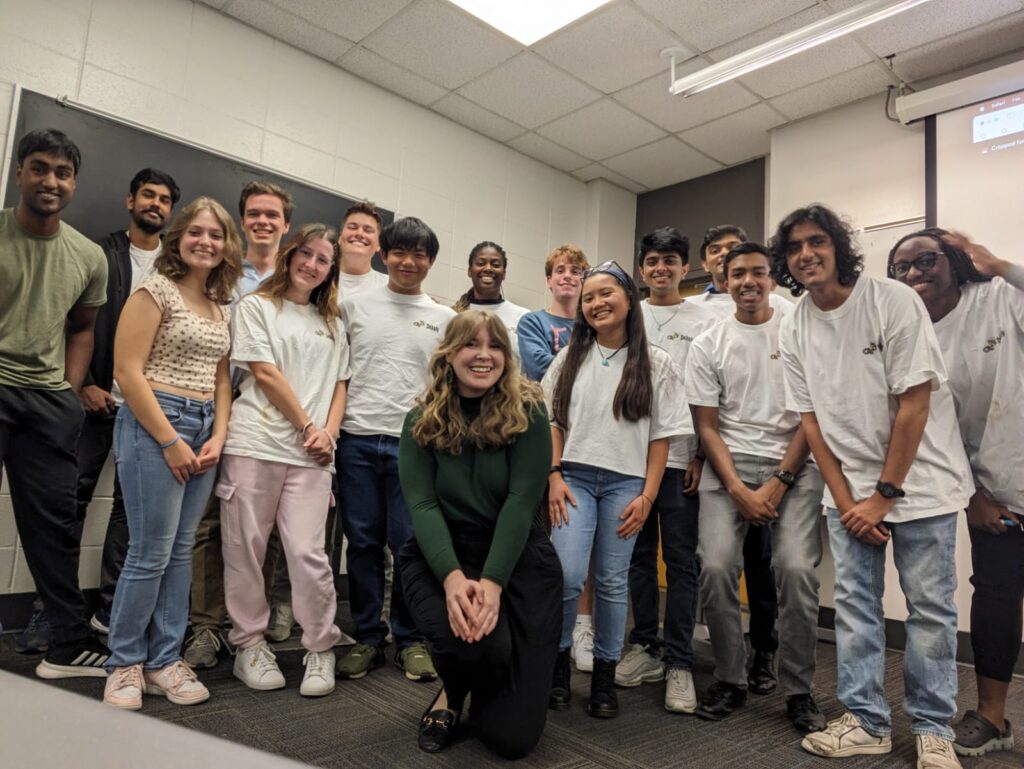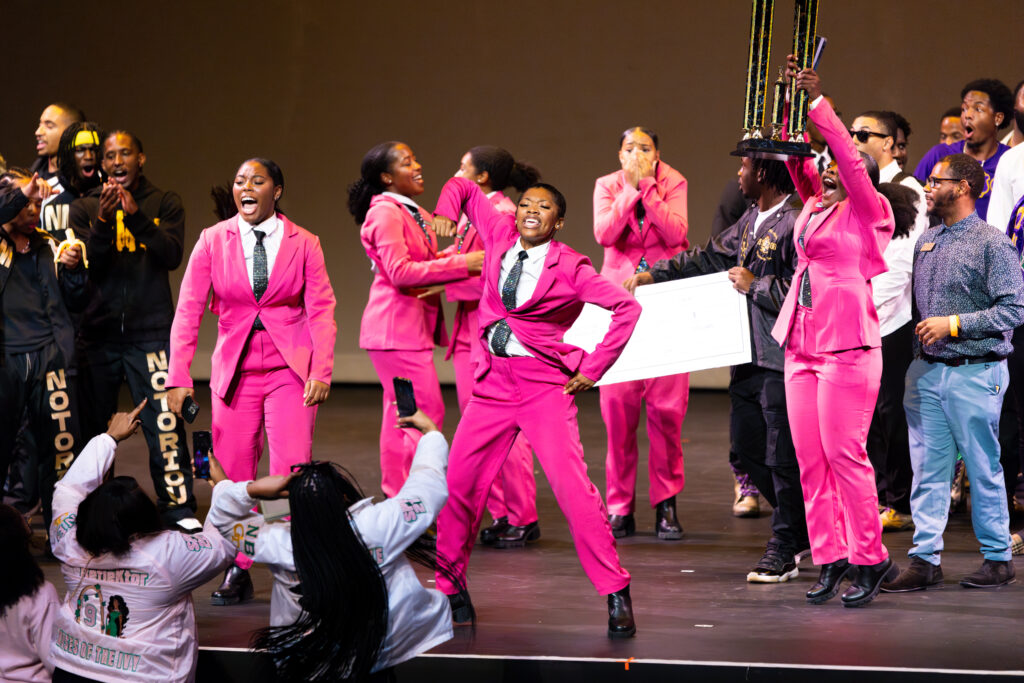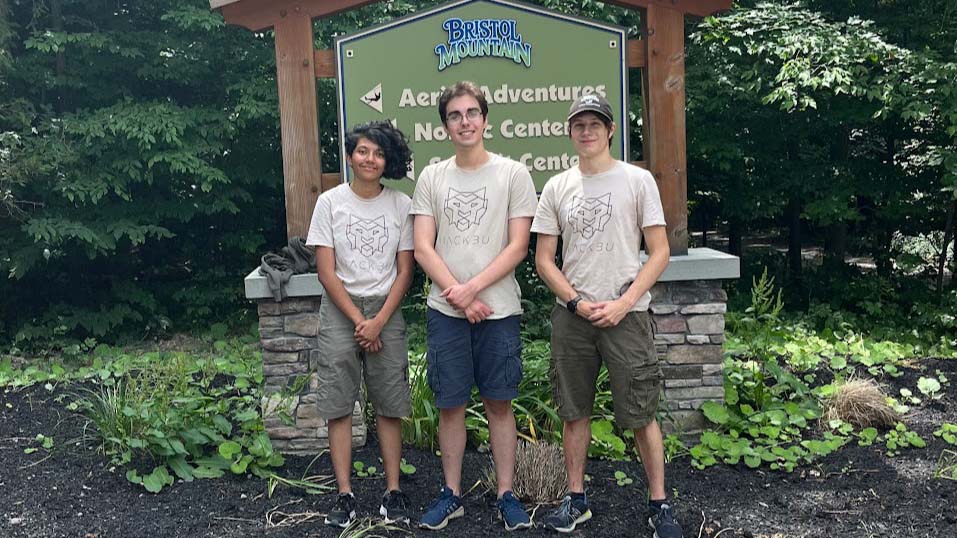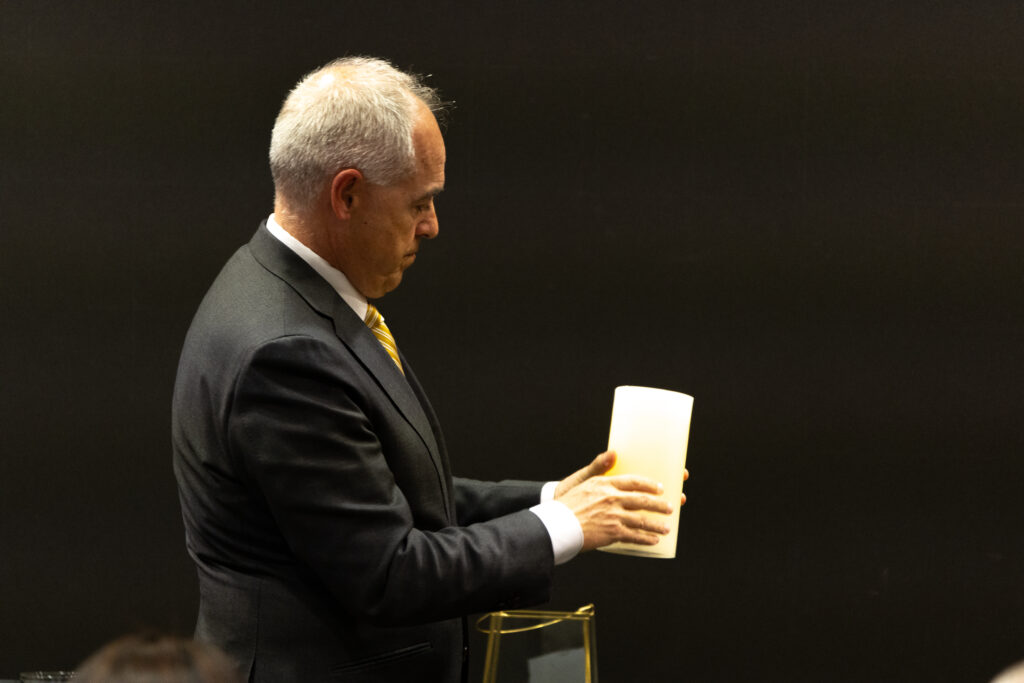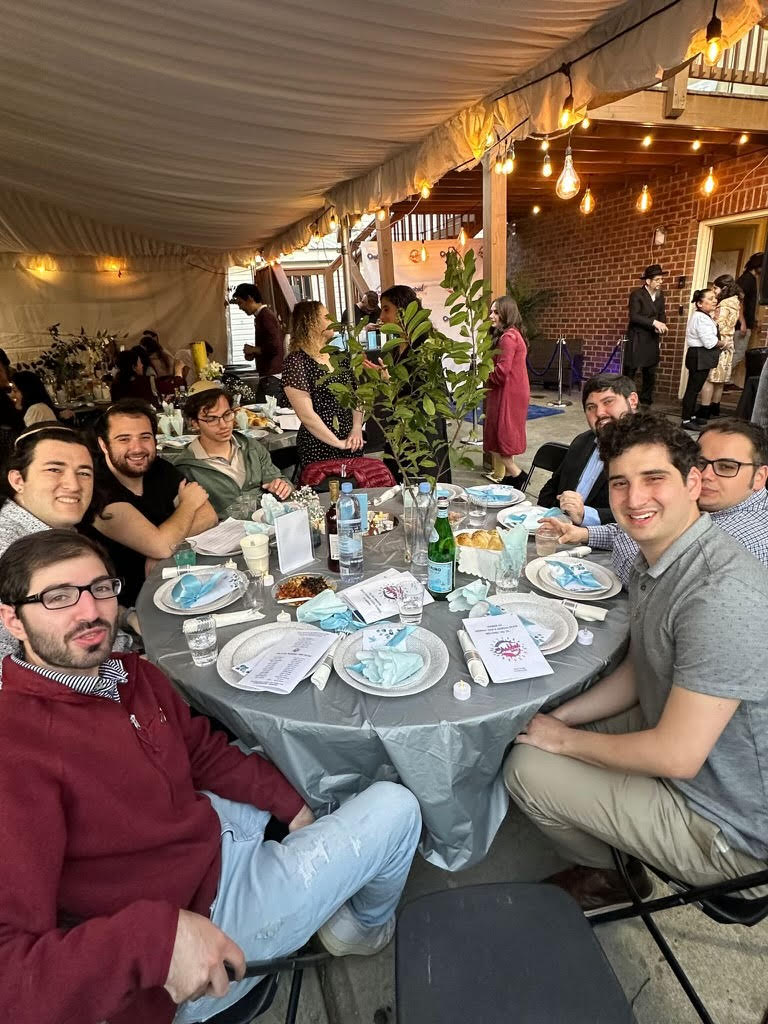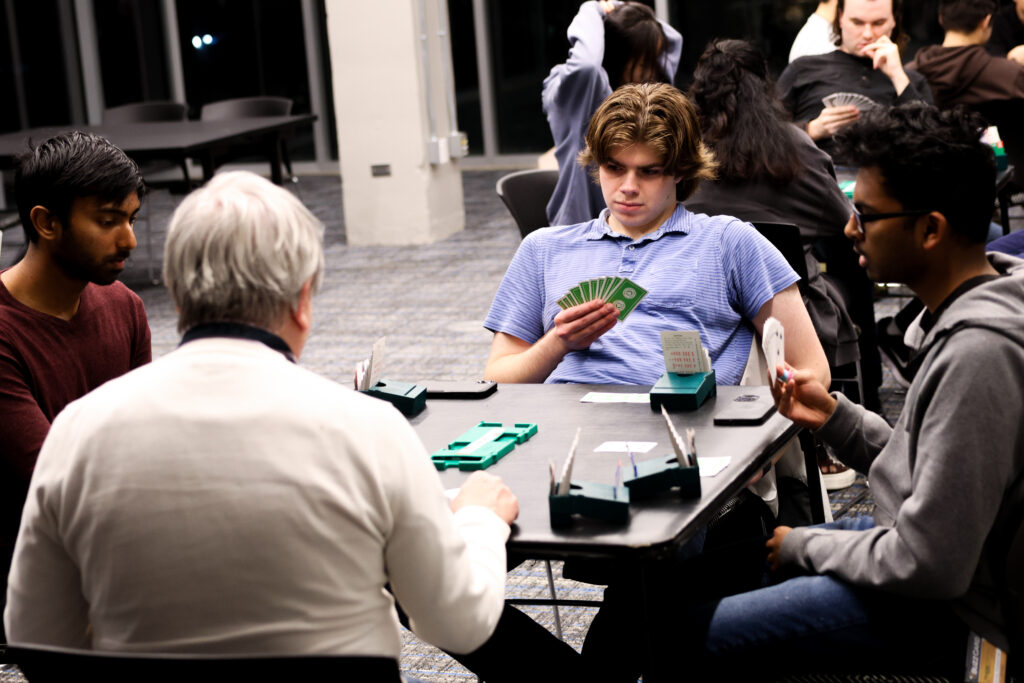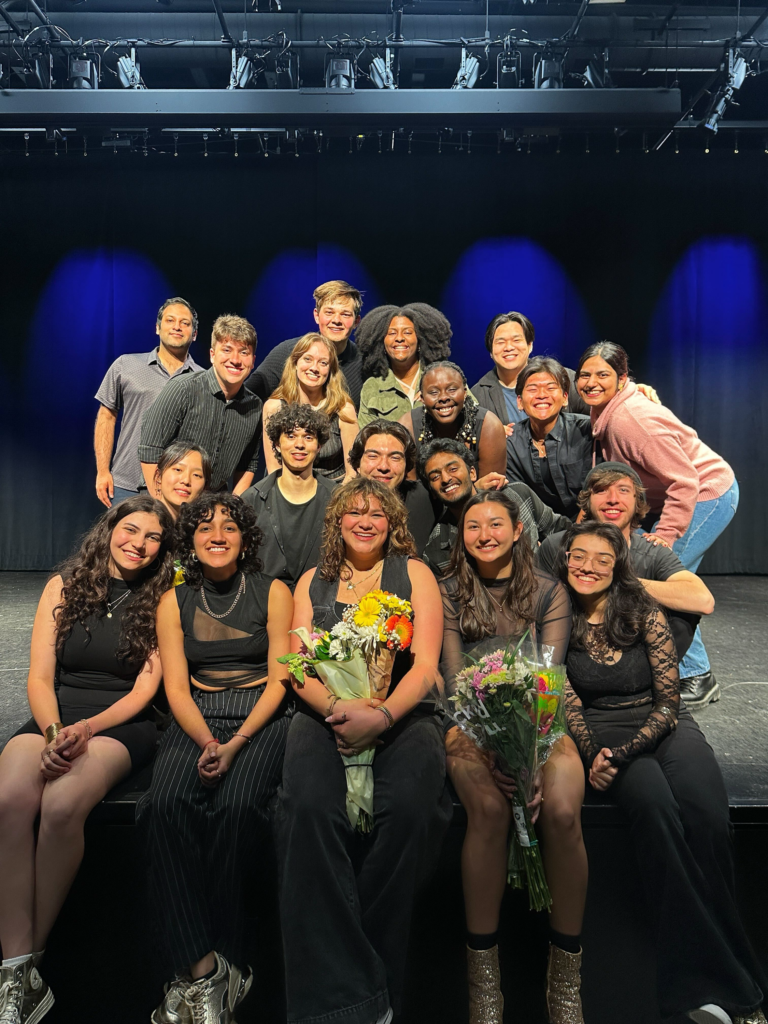
Infinite Harmony is Tech’s mixed a cappella group, whose members arrange their own music and perform at events throughout campus. They held their annual spring concert last Friday, where the audience heard a mix of songs with the entire group, solo highlight performances and even collaborations with alumni members from the audience.
Some former members who participated in the alumni song included Maya Assaad, BS ARCH ‘22, Soor Vora, BS CHE ‘20, and Jonathan Choi, BS ME ‘22. “It’s awesome because as an alum, you hope that every time you come to concerts, it’s just gonna get better and better. Like you hope that, and it really does,” Assaad said.
From medieval Italian choirs to modern Christmas classics, a cappella has maintained its popularity and appeal for centuries. Usually performed in a group, a cappella musicians use a unique choral technique to not only sing but mimic the sound of instruments.
Recently, Infinite Harmony participated in the International Championship of Collegiate A Cappella (ICAA) for the first time in a few years. This competition required more complex choreographies and added intricacies, like something you might see in the movie “Pitch Perfect.”
“I wasn’t expecting how active they would be while singing. I love how they’re all really in it and it’s very much a group thing and not just one person at a time. How together they are is really cool. They all just look like they’re having so much fun, and it’s contagious too,” said Nichols, Second-year IE, AILS.
Some audience members even returned from previous semesters’ concerts to enjoy the group’s performances once again. Sascha Packard, second-year CS, recounted the evening to be her 3rd or 4th time hearing Infinite Harmony live.
“I came out to [the] first concert just because I had a lot of friends in it that I know and I wanted to support them, but I also found that I really like going to these sorts of events on campus and supporting student groups in general, even if I don’t necessarily know people in them. They’re just great. I love hearing from them,” Packard said.
Despite being a smaller arts club, the group’s tight-knit community made the performances shine brighter. The members displayed their love of music and of each other — even past the boundaries of graduation years or life differences.
“The community that we formed throughout that time, making friends from the group, are just going to be lifelong,” Vora said. Choi added, “I mean, a lot of us have been alums from different eras of the group but we’re still here, still connected.”
Diya Chutani, third-year NEURO and Music Director of Infinite Harmony, shared similar sentiments with her alumni.
“I’m a new big music nerd. I do music all the time, whenever I can. But for a capella, it’s really about this community that we create, I think it is very special. Even in today’s concert, it was like I suddenly became aware for a moment, ‘Oh my God, it is the last time I’ll sing these songs with these guys, some of them are leaving.’ And that’s what makes me say amongst a pretty stressful and busy life, well, these are all my buddies and I just love singing with this group of people and having a good time,” Chutani said.
While she has been involved in music ensembles throughout her life, she encourages anyone to join their community. Infinite Harmony holds auditions at the beginning of most semesters, where they assess potential new members’ range and blend with the group.
“We have so many different backgrounds in our group. We have plenty of people who were in marching bands, played instruments; we had plenty of people who just sang for fun or in musical theater, and lots of different things. I would 100% recommend anybody who’s interested to come out with no worries and you can sing whatever song you want,” Chutani said.
Even if singing isn’t exactly your forte, coming out to events just as an audience member and supporting fellow Tech students, the arts, and being an active part of the community is more important now than ever.
“I never knew that Tech had anything like this … so totally came in here with no expectations and it was awesome. I just think all these singers are really talented and to think that they’re just college students; they can totally be performing and making money off of that too, but the fact they’re here is really cool, so I’d definitely encourage people to check it out,” Nichols said.
Learn more about Infinite Harmony on their website and Instagram.
The post A Cappella with Infinite Harmony appeared first on Technique.

